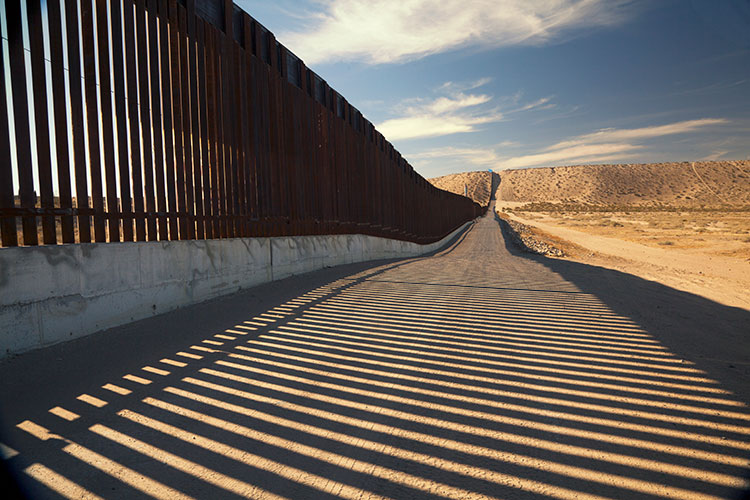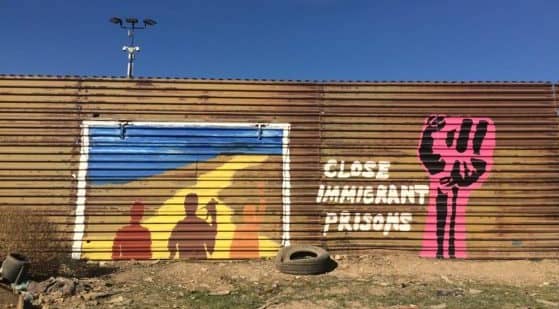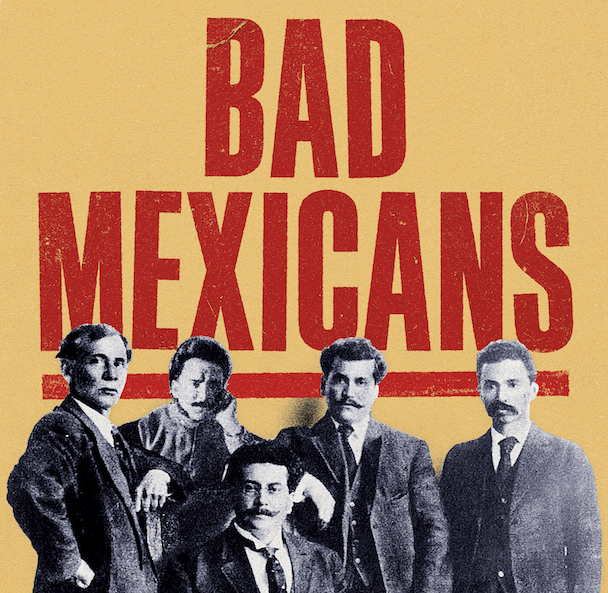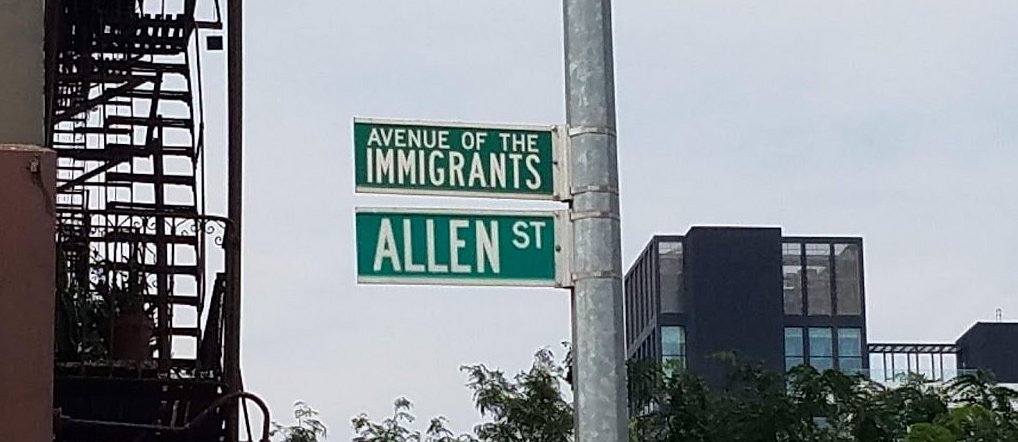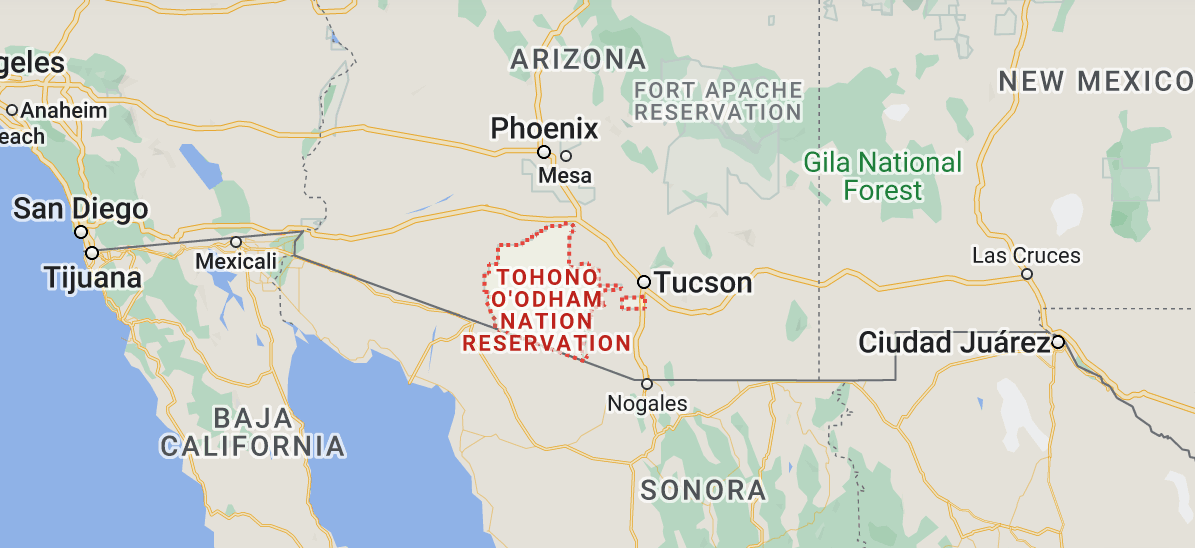US to settle class-action suit on family separation
The US government announced that it will settle a 2018 class-action lawsuit that challenged the Trump administration’s family separation practice at the US-Mexico border. The proposed settlement would create a process to reunify families who were separated. Additionally, the government is to provide health services and housing support for affected families, and arrange legal services through the Executive Office for Immigration Review. Another provision of the deal bars the federal government from immigration policies that separate parents from children for eight years. The settlement does not provide any monetary relief for affected people. (Photo: BBC World Service via Flickr)




